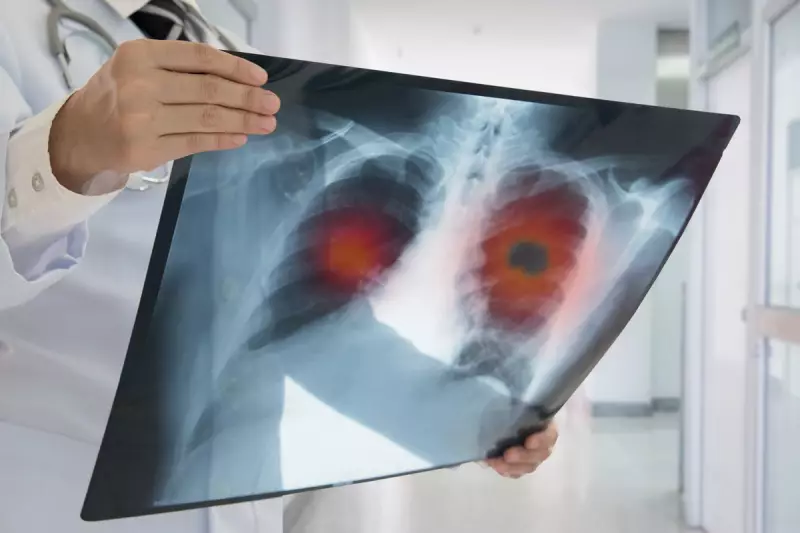
Medical experts are urging Britons not to dismiss potential early warning signs of lung cancer, as new NHS guidance highlights symptoms that warrant immediate medical attention. While lung cancer remains one of the most common and serious types of cancer in the UK, early detection can significantly improve treatment outcomes.
The Silent Warning Signs You Shouldn't Ignore
According to NHS specialists, these persistent symptoms could indicate lung cancer and require prompt investigation:
- A cough that doesn't disappear after 2-3 weeks
- A long-standing cough that worsens or changes character
- Recurrent chest infections that keep returning
- Coughing up blood or rust-coloured phlegm
- Persistent breathlessness during everyday activities
- Unexplained pain when breathing or coughing
- Persistent tiredness or lack of energy
- Loss of appetite or unexplained weight loss
Less Common Symptoms That Demand Attention
While the symptoms above are more typical, NHS doctors emphasise that lung cancer can also manifest through less obvious signs:
- Changes in the appearance of fingers (finger clubbing)
- Difficulty swallowing or pain when swallowing
- Wheezing without a history of asthma
- A hoarse voice that persists
- Swelling in the face or neck
- Persistent chest or shoulder pain
When to Seek Medical Advice
"If you experience any of these symptoms for more than three weeks, it's crucial to contact your GP," advises NHS guidance. "While these signs don't necessarily mean you have lung cancer, getting them checked promptly could save your life."
Medical professionals stress that early diagnosis dramatically improves survival rates. Many people delay seeking help because they attribute symptoms to aging, smoking, or less serious conditions, but this hesitation can cost valuable treatment time.
Risk Factors and Prevention
While smoking remains the largest risk factor for lung cancer, it's important to note that non-smokers can develop the disease too. Other risk factors include:
- Secondhand smoke exposure
- Family history of lung cancer
- Exposure to radon gas or asbestos
- Previous radiation therapy to the chest
- Certain environmental pollutants
The NHS continues to encourage smoking cessation as the most effective way to reduce lung cancer risk, while also emphasising that anyone with concerning symptoms should seek medical assessment regardless of their smoking history.





